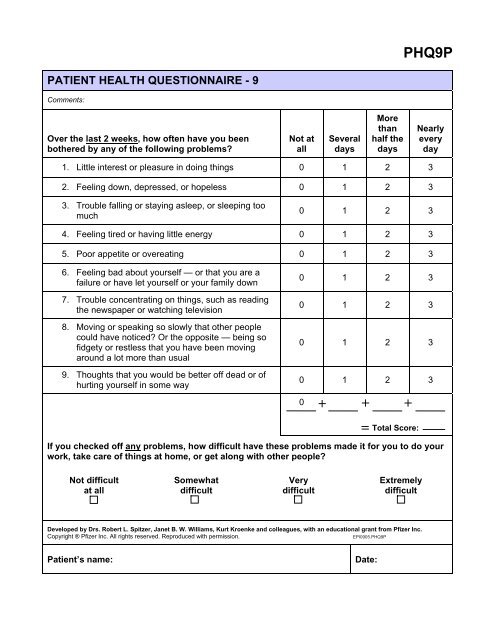Before we get to describing the stages of grief there are few more topics worth mentioning about grieving in general.
Disenfranchised grief is grief that people experience without any social recognition or acknowledgement. A lover of a married spouse who dies without there ever being any public recogition of the nature of the relationship. Deaths of ex spouses after divorce.
Deaths experienced by professionals of patients or clients who were part of confidential relationships. This happens freguently to health care providers in all kinds of settings.
There are many other examples where loss is experienced alone without any social recognition, acknowledgement, or support. Miscarriages may fall into this category. People who die in institutions like prisons or nursing homes or by stigmatized circumstances like suicide, drug overdose, alcoholism.
Liberating losses - Sometimes death is experienced as a relief or as if a burden has been lifted. This often occurs after a long illness where the death is anticipated, but also can happen in a sudden death when the deceased is a part of a conflicted relationship.
Moral injuries - These are deaths witnessed or inflicted in war, capital punishment, or other acts of revenge or intentional or unintentional "accidents." Abortion is sometimes thought of as falling into this category.
